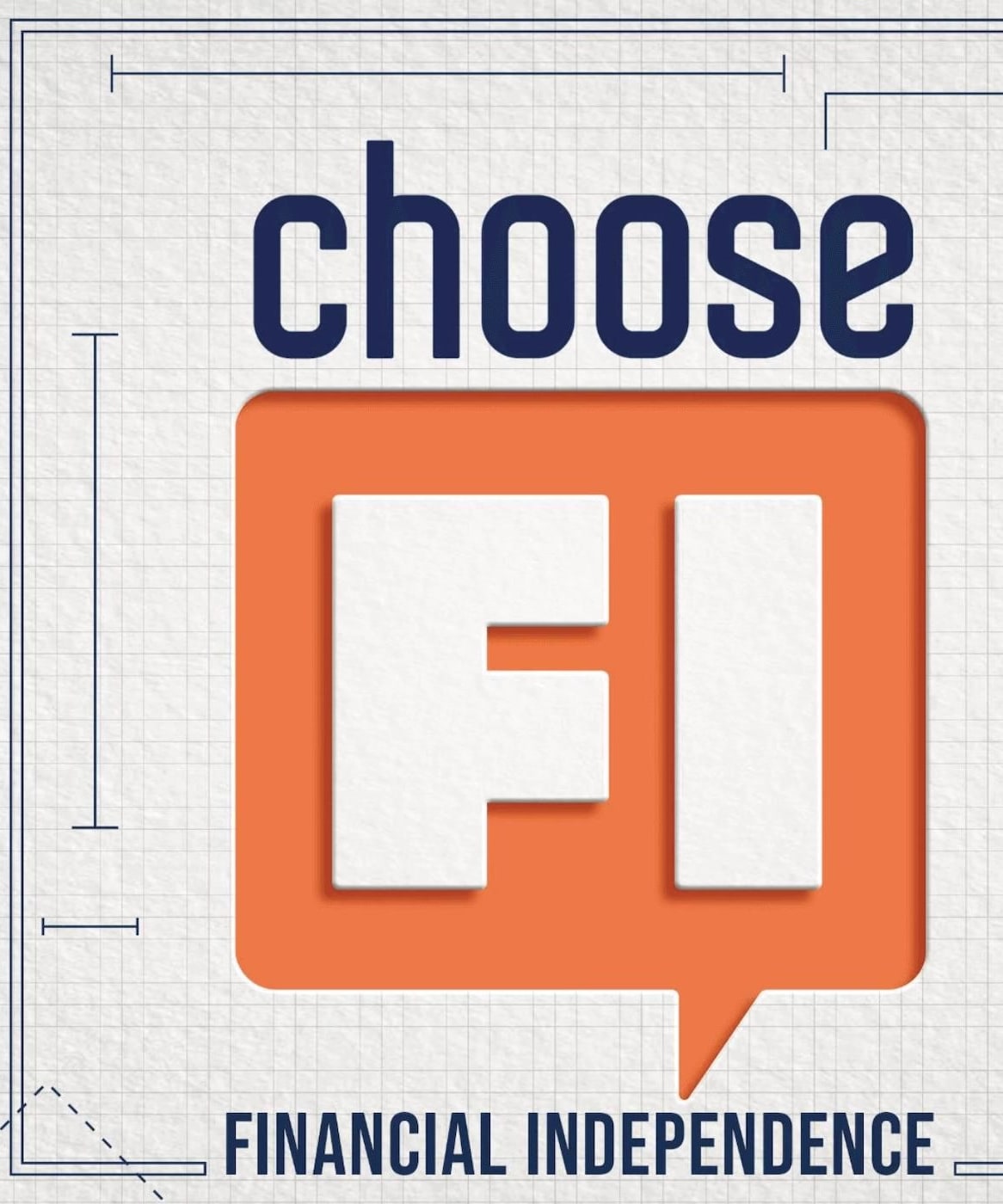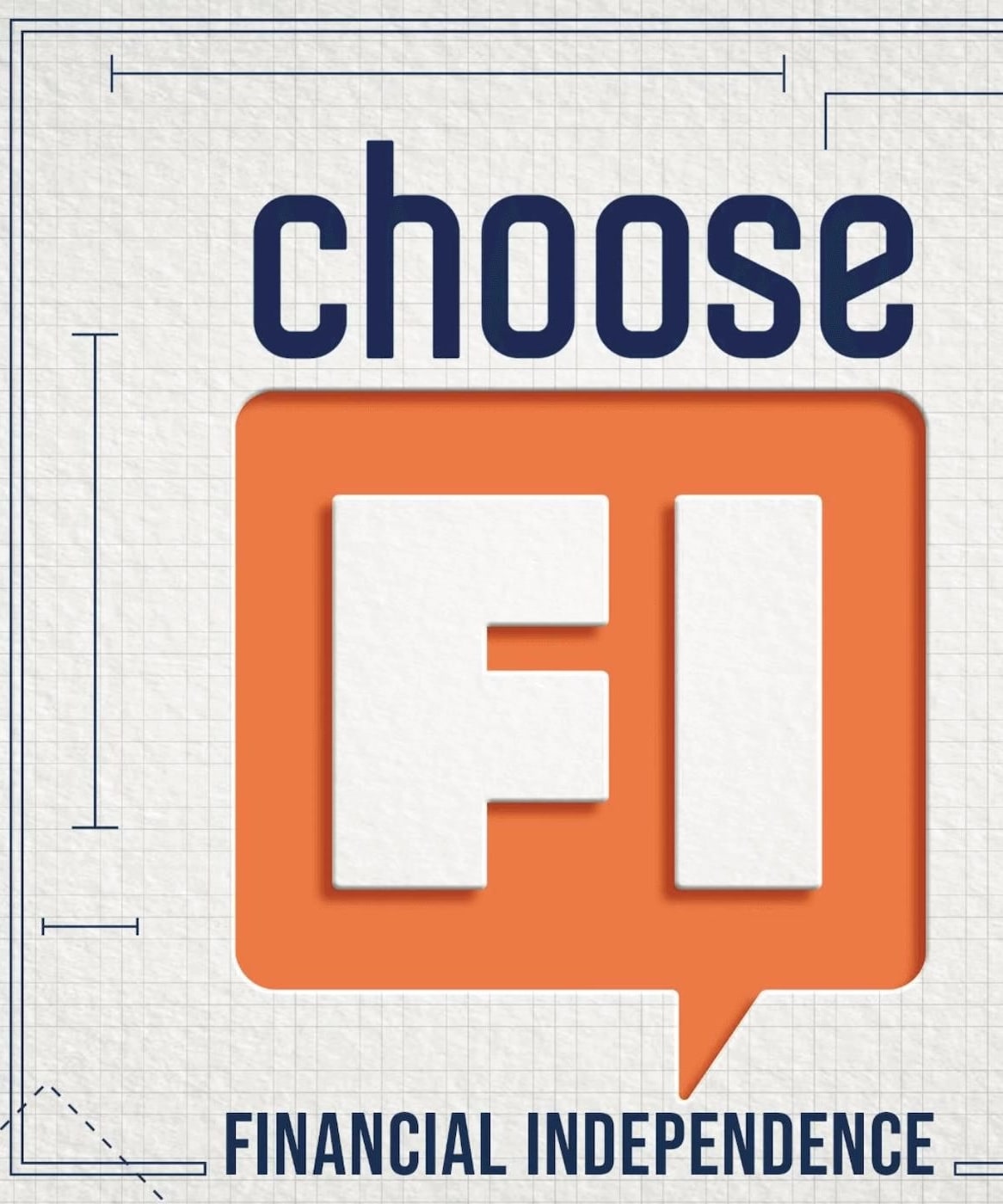Cost-effective Healthcare
Sources:
Brad Barrett has discussed various aspects of cost-effective healthcare:
-
Retirement Medical Expenses: Brad highlights that while medical expenses can rise as one ages, Medicare provides financial protection. He views health insurance as a "catastrophe prevention" measure with a finite out-of-pocket limit, which is essential for planning purposes 1.
-
Health Insurance Realities: Brad acknowledges the high cost of health insurance premiums, especially for self-employed individuals. He emphasizes understanding the rules of the game and budgeting for health insurance as part of the FI (Financial Independence) number. Subsidies can assist those with lower income or in early retirement 2.
-
Medical Tourism: Medical tourism is presented as a viable option for cost savings on elective healthcare procedures. Brad supports the idea, especially for those living close to foreign borders where travel for medical care is more convenient and affordable 3.
-
Maximizing HSA Benefits: Health Savings Accounts (HSAs) are strongly recommended for their triple tax benefits: contributions are tax-free, the money can be invested tax-free, and withdrawals for medical expenses are also tax-free. HSAs offer a flexible and strategic way to manage and reduce healthcare costs 4.
By utilizing these strategies, individuals can effectively manage and reduce healthcare costs in various life stages.
RELATED QUESTIONS-



